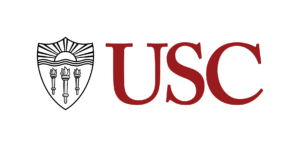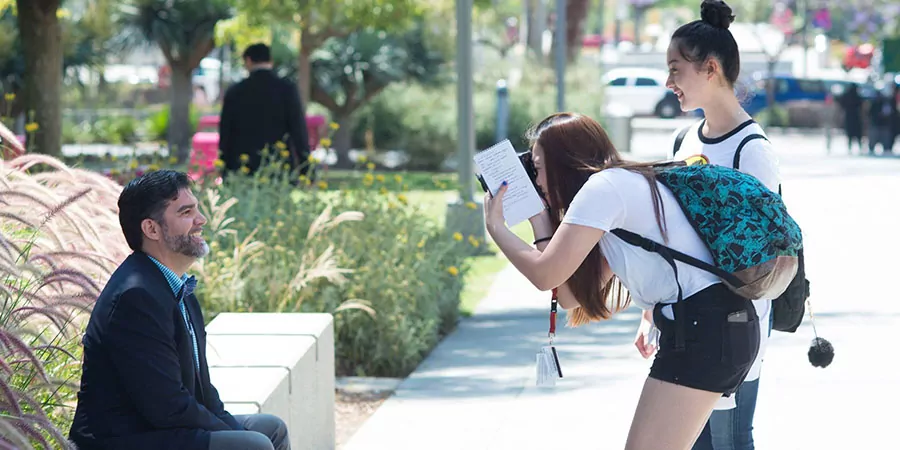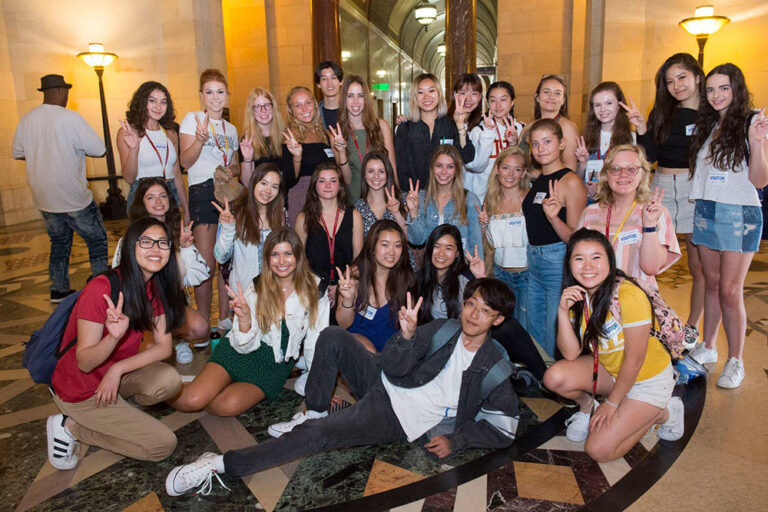Today, American democracy faces multiple challenges felt in our communities and institutions. From the videotaped police murder of George Floyd on Memorial Day 2020 to a devastating pandemic, to many Americans rejecting the outcome of a fair election won by President Joe Biden, the foundation of our country is shaken.
Our communities’ responses to these challenges will inspire our journey in journalism this summer. In “Storytelling in the Digital Age,” individual and team-reported projects will highlight what’s working and what’s not. You’ll produce stories on a variety of topics, including politics, schools, race, equity, religion, the arts, and culture. You’ll report on the work of unsung heroes of our democracy.
You’ll be free to take on lighter fare, too. You’ll enjoy the freedom to stretch and report on stories of your choice. You’ll write journal entries in the first person. You’ll profile people who live in your community.
Along the way, you’ll learn storytelling techniques for text, video, and audio platforms. You will gain an understanding of the challenges and opportunities for journalists in the digital world. Your critical thinking and analytical skills will expand.
As you master the basic tools of journalism, you will gain an understanding of our world and embrace ways of thinking that will stay with you a lifetime.
PROGRAM DATES
June 15 – July 12, 2025
PREREQUISITES
None
COURSE DRESS CODE
None
DAILY SCHEDULE & ACTIVITIES
MONDAY – FRIDAY
9:00 a.m. – 12:00 p.m. Classes in session
12:00 p.m. – 1:30 p.m. Lunch
1:30 p.m. – 3:30 p.m. Classes in session
COURSE OVERVIEW
Highlights
- Enjoy the freedom to produce stories about politics, sports, culture, among other topics
- Explore and embrace the principles of media literacy and discerning truth
- Engage people near and far as the pandemic levels the playing field for journalists reporting remotely
- Practice what you learn and build your own portfolio focused on one of the biggest stories of our lifetime
- Publish stories on Instagram, Medium, and USC Annenberg’s news website
- Learn reporting and writing skills, interviewing techniques, and new ways of presenting stories
- Produce journalism that highlights human triumphs in these challenging times
Topic of Study
- Interviewing, reporting, and writing techniques
- Basic and advanced photography and video skills
- How to engage with your audience on social media
- Changing rules of journalism; old and new story structures
- Media law and accountability journalism


